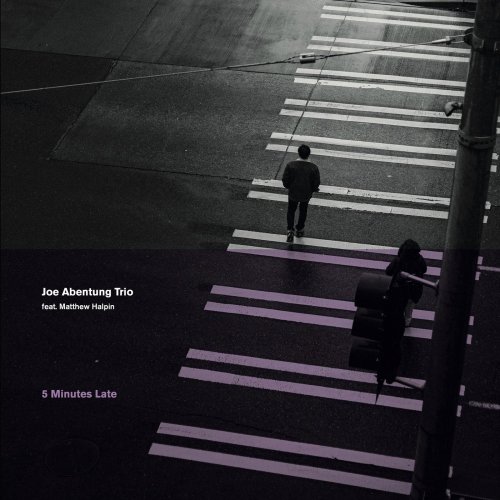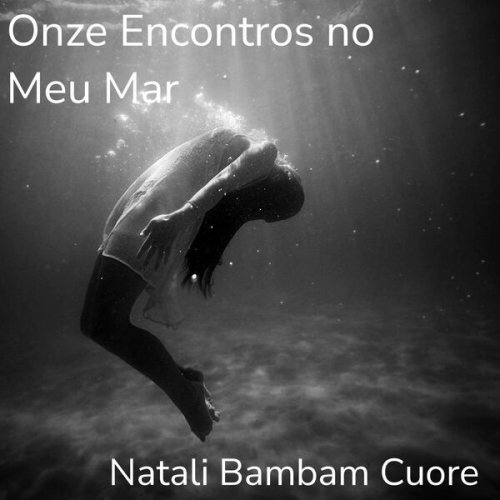Artist:
Ludovico Einaudi
Title:
Sounds of Calm
Year Of Release:
2023
Label:
UMG Recordings, Inc.
Genre:
Classical
Quality:
FLAC (tracks)
Total Time: 44:22
Total Size: 175 MB
WebSite:
Album Preview
Tracklist:01. 85mm
02. Einaudi: I Giorni
03. Einaudi: Le Onde
04. Nefeli (Album Version)
05. Einaudi: Experience
06. Einaudi: Mercury Sands (Remastered 2020)
07. Four Dimensions
08. Einaudi: Underwood
09. Almost June
10. Einaudi: Fairytale
Italian pianist and composer Ludovico Einaudi has achieved major success with his introspective, atmospheric music, which has roots in minimalism and modern composition but expands to incorporate influences from rock and pop as well as African and Middle Eastern musics. His earliest works were compositions for theater and ballet during the 1980s, with 1988's Time Out serving as his debut album. Einaudi's first solo piano full-length, 1996's Le Onde, became a hit, and was eventually certified gold in Italy and silver in the United Kingdom. He received acclaim for subsequent film and television scores such as Luce dei miei occhi (2002) and Sotto falso nome (2004), while his studio albums included a collaboration with kora player Ballaké Sissoko (2003's Diario Mali) and orchestral works such as 2006's Divenire. Einaudi ventured into electronic music with his 2009 collaboration with members of To Rococo Rot under the name Whitetree, as well as solo efforts such as 2013's In a Time Lapse. He broke streaming records with the first volume of 2019's Seven Days Walking, then returned to solo piano work with 2020's 12 Songs from Home and 2022's Underwater.
Einaudi was born in Turin on November 23, 1955. His mother, also a pianist, would play for him as a young child, planting the seeds for what would become a fruitful, illustrious career. He played in a few bands during the 1970s, including progressive group Venegoni & Co. Einaudi studied under Luciano Berio at the Conservatory of Milan, graduating with a diploma in composition. In 1982, his talents would win him a scholarship to the Tanglewood Music Festival. The experience opened Einaudi's ears to new ideas like minimalism, world music influences, and aspects of pop music. He spent the next several years composing for the ballet, including Sul Filo d'Orfeo (1984), Time-Out (1988), and The Wild Man (1991). Einaudi turned a corner in 1996 with the release of his first collection of solo performances, entitled Le Onde. This record started him down the path toward becoming one of Europe's best-selling pianist/composers. Eden Roc (1999, featuring Armenian duduk player Djavan Gasparyan) and I Giorni (2001), both for BMG, captured the solo piano world's attention, both remaining best-sellers for years to come.
While seemingly at the top of the composition world, Einaudi ventured into film composition, a journey punctuated by his Best Film Score award in 2002 for his work on Luce dei miei occhi. His score for the 2002 TV serial Doctor Zhivago also received acclaim. Einaudi noted in interviews during this period that he missed playing concerts, and he began performing again regularly. New works blossomed from this effort, including 2003's Diario Mali, with Malian kora player Ballaké Sissoko, and 2004's Una Mattina. Einaudi's seventh studio album, 2006's Divenire, found him accompanied by the Royal Liverpool Philharmonic. He then worked with Robert and Ronald Lippok of electronic group To Rococo Rot under the name Whitetree, releasing the album Cloudland in 2009. His next solo album, Nightbook, was much more self-consciously reductionist, featuring solo piano minimally adorned with electronics, and saw Einaudi begin to be appreciated by fans of the "post-classical" school that he had arguably, at least in part, inspired.
A double-disc best-of, Islands, was released in 2011, soon after the title track to 2001's I Giorni unexpectedly charted in the Top 40 of the U.K. singles chart after receiving extensive airplay on BBC Radio 1. At the beginning of 2013, Einaudi signed a new deal with Decca and unveiled the long-gestating In a Time Lapse, which had been recorded in a remote monastery near Verona and saw a return to a more "classical" chamber music sound. Taranta Project, an ambitious work incorporating numerous global influences, appeared in 2015. This was followed by Elements, which featured violinist Daniel Hope, the Amsterdam Sinfonietta, Robert Lippok, and Brazilian percussionist Mauro Refosco among its guest performers. Recorded at his home studio in Italy, the album was inspired by nature, math, science, music, art, and how parts connect to form a whole. The record peaked at number 12 in the U.K., becoming the first classical album to reach the Top 15 of the chart in over two decades.
In 2019, Einaudi unveiled Seven Days Walking, his most ambitious musical project to date, consisting of seven volumes to be released over the course of seven months, with a box set containing all seven releases in November. Inspired by winter walks taken in the Alps, it was a meditative, sometimes melancholy journey featuring multiple variations on the same themes, which saw him accompanied by a string trio. Day One, the first installment, debuted at the top of the U.K. Classical Artist Albums chart, and became the fastest-streamed classical release of all time worldwide, with over two million streams on its release day alone.
Recorded at his home in Italy during the COVID-19 lockdown, Einaudi issued the aptly named 12 Songs from Home in 2020, followed by a rarities collection, Einaudi Undiscovered, later in the year. Another compilation, Cinema, appeared in 2021, and the composer's music for the drama film The Father was also released that year. Underwater, another solo piano album conceived under lockdown, was issued in 2022. © Evan C. Gutierrez
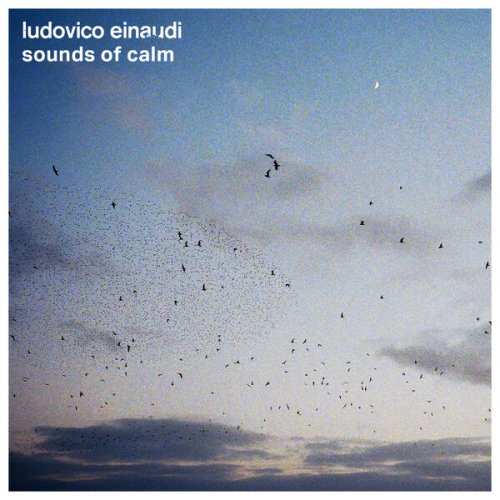



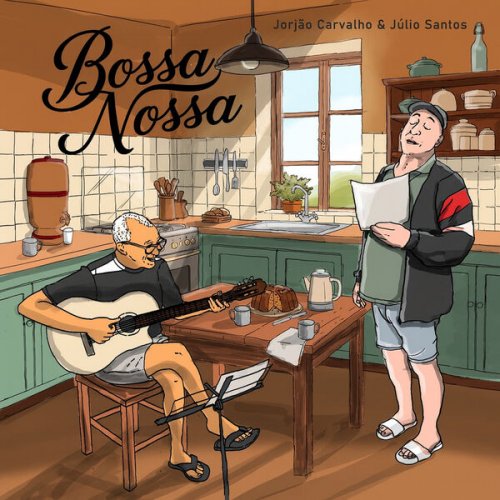
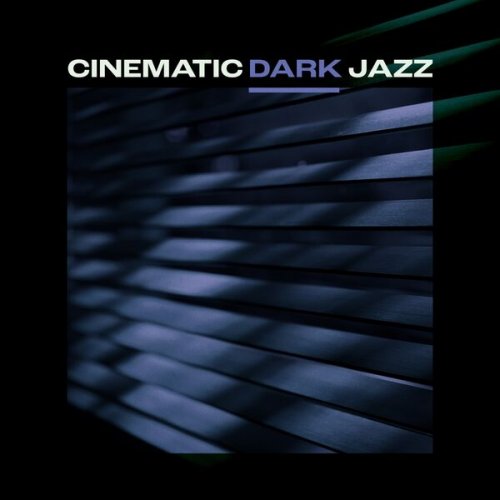
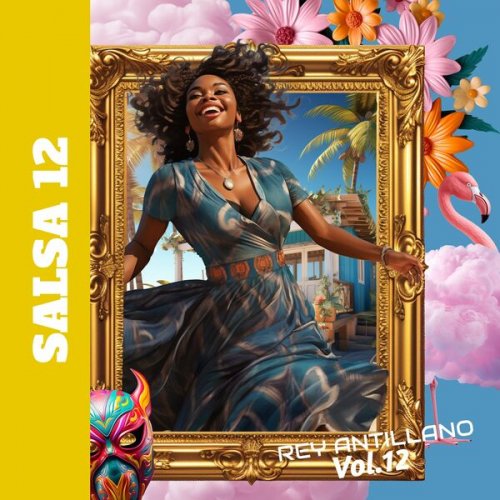
![Tomasz Stanko - Unit (Polish Radio Sessions vol. 2/6) (2025) [Hi-Res] Tomasz Stanko - Unit (Polish Radio Sessions vol. 2/6) (2025) [Hi-Res]](https://www.dibpic.com/uploads/posts/2025-12/1765796826_cover.jpg)
